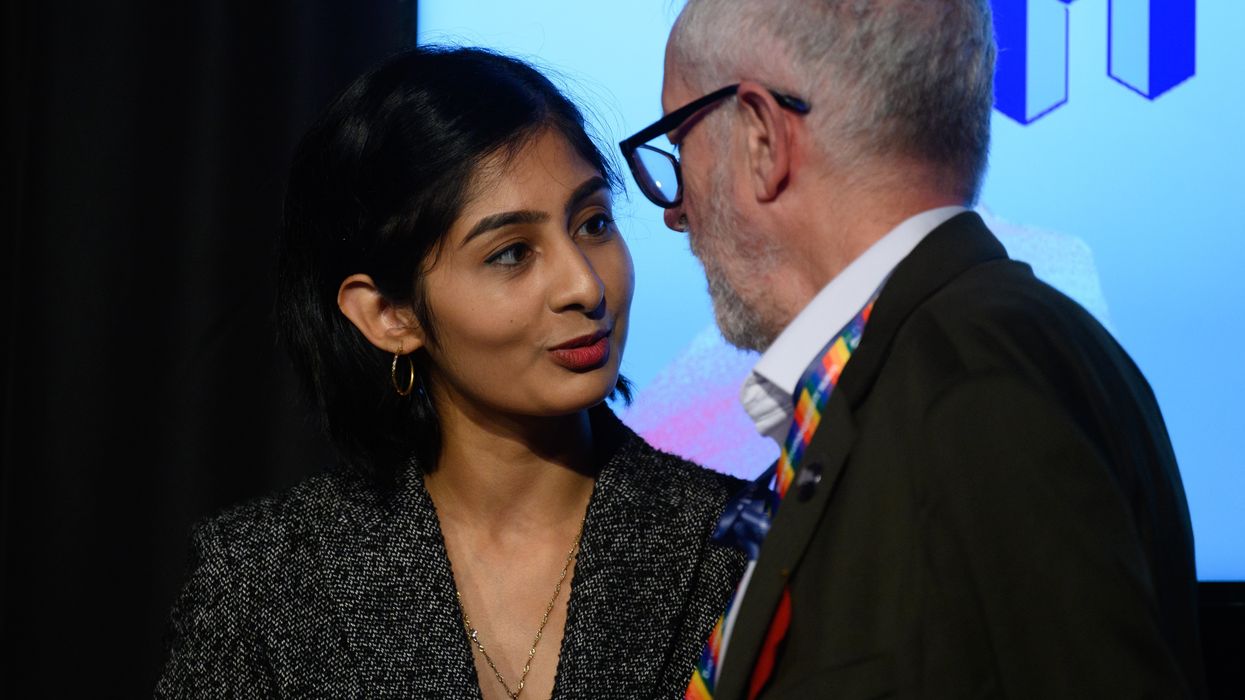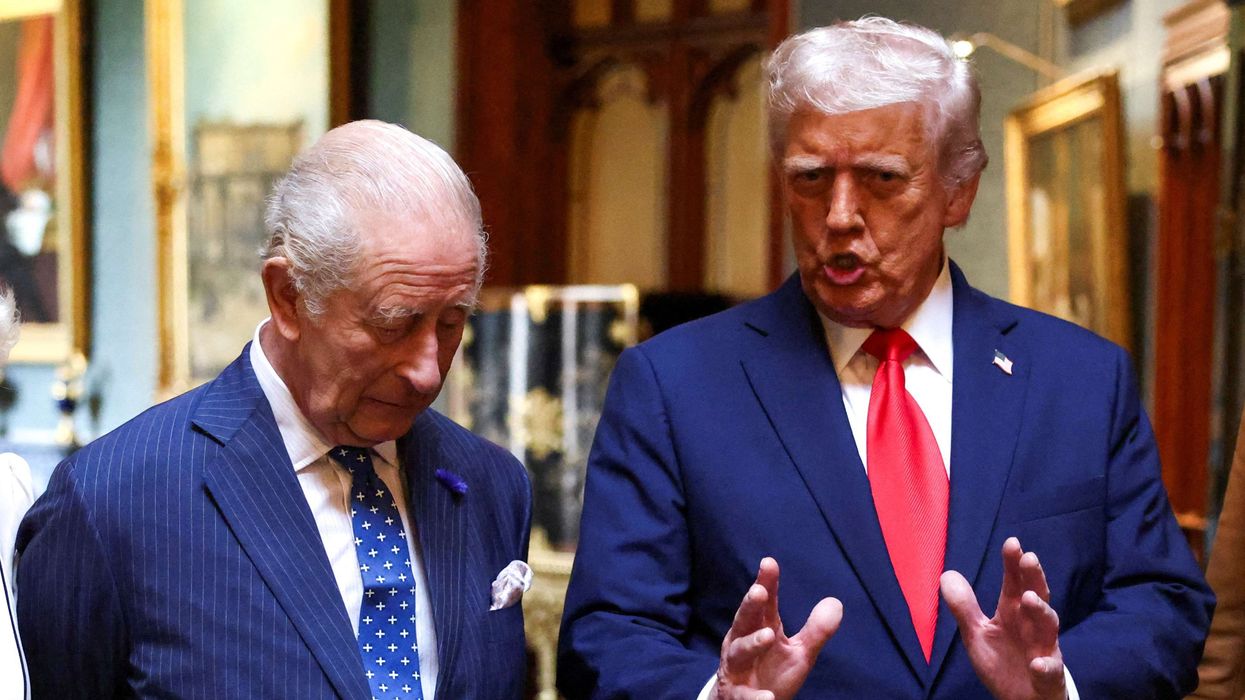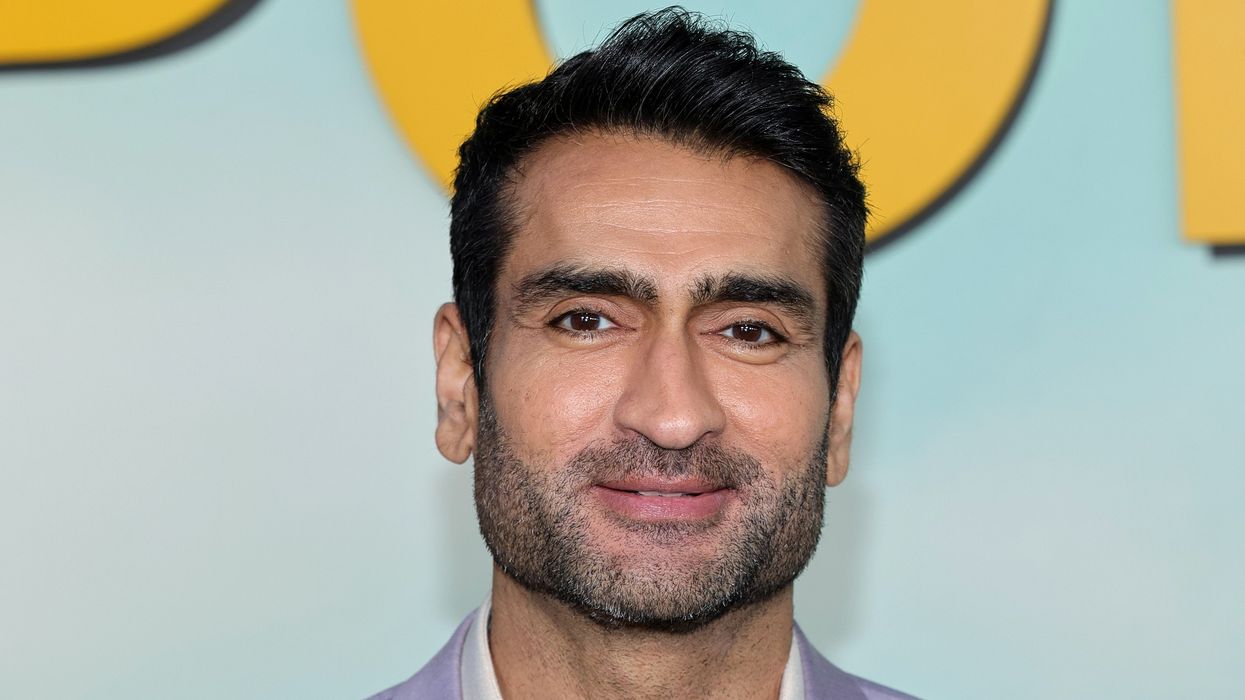It is a truth universally acknowledged that voters are dissatisfied with the political choices on offer - so must they be in want of new parties too? A proliferation of start-ups showed how tricky political match-making can be. Zarah Sultana took Jeremy Corbyn by surprise by announcing they will co-lead a new left party. Two of Nigel Farage’s exes announced separate political initiatives to challenge Reform from its right, with the leader of London’s Conservatives lending her voice to Rupert Lowe’s revival of the politics of repatriation.
Corbyn and Sultana are from different generations. He had been an MP for a decade by the time she was born. For Sultana’s allies, this intergenerational element is a core case for the joint leadership. But the communications clash suggests friction ahead. After his allies could not persuade Sultana to retract her announcement, Corbyn welcomed her decision to leave Labour, saying ‘negotiations continue’ over the structure and leadership of a new party. It will seek to link MPs elected as pro-Gaza independents with other strands of the left outside Labour.

Would the new party cooperate or compete with the Green Party? Zack Polanski’s leadership campaign promotes a “left populism” with much overlap with the Corbynista agenda. He is challenging MPs Adrian Ramsey and Ellie Chowns, who offer continuity with the quieter strategy which saw Green gains in their Herefordshire and Norfolk seats while winning in Bristol and Brighton.
On the right, Ben Habib, sacked as a Reform deputy leader by Farage, launched a new ‘Advance Party’ - but could not get Great Yarmouth MP Lowe to join it. Lowe launched a Restore Britain campaigning movement instead.
Habib has yet to make his new party official, claiming it must recruit 30,000 members to be eligible for registration. The Electoral Commission has no such threshold: there are over 300 registered parties. This false claim may just be a recruitment tactic or a device to delay revealing its donors.
A congratulatory tweet from US billionaire businessman Elon Musk reinforced Habib’s hope that the world’s richest man may help to fund his new party. But Musk’s own focus is on launching a new “America Party” as his feud with US president Donald Trump escalates. Musk self-identifies as a centrist, oblivious to his own self-radicalisation after curating an entire social media platform in his own image. Reform had hoped for a multi-million pound donation from Musk too, before he attacked Farage’s refusal to embrace former EDL leader Tommy Robinson. Yet this simply reinforced Musk’s toxic reputation with the British public.
How much political space is there further right of Farage? About a quarter of the Reform vote - about three per cent of the electorate - find Farage too moderate on race and immigration. But these are mostly the same group who supported last summer’s violent riots. Farage believes a boundary rejecting the BNP (British National Party) and Robinson is imperative to be a mainstream party. Farage faces start-up challenges too. Farage wants to bring 300 first-time MPs to parliament - and would have to give top Cabinet jobs to many unknown quantities. Thurrock MP James McMurdock resigned the Reform whip over the weekend after credible allegations of business fraud during the pandemic.

Habib can appeal only to those within the segment to Farage’s right who find ethnic minority leadership acceptable. He may be offering too niche a product to find a viable market. Lowe’s agenda is to go much further than Farage on immigration and race. Since Farage’s slogan is to cut net migration to zero, Restore Britain is campaigning for “negative net migration” - pledging to remove ‘millions’ of legal migrants so that “outflows considerably outstrip inflows’. The Migration Advisory Committee projects that the UK population would begin to shrink if net migration was below 110,000. Lowe argues that rising ethnic diversity can be reversed, not just be slowed down. His slogan, ‘stop importing, start deporting’, consciously revives the ‘send them back’ politics of Enoch Powell and the 1970s National Front. Lowe is celebrated by overtly racist bloggers for these efforts to popularise the idea of ‘remigration’. Several London Conservatives are dismayed that Susan Hall has joined this Restore Britain campaign, since the former Tory mayoral candidate leads the party’s Greater London Assembly group. But that criticism remains muted in public. Lowe himself has not ruled out joining the Conservatives before the next election.
The rise of new parties is an expression of democratic politics, but can reflect a misunderstanding of its challenges, too. New parties can voice arguments that citizens feel are missing. But a consumerist search for the perfect party can seek to side-step the inevitable frustrations of compromise. Politics is about how societies make collective decisions when we disagree. Whether we have four-, five- or six-party politics, the challenge for parties - old and new - is how any can secure broad enough support to govern in such fragmented and polarised times.

Sunder Katwala is the director of thinktank British Future and the author of the book How to Be a Patriot: The must-read book on British national identity and immigration.




